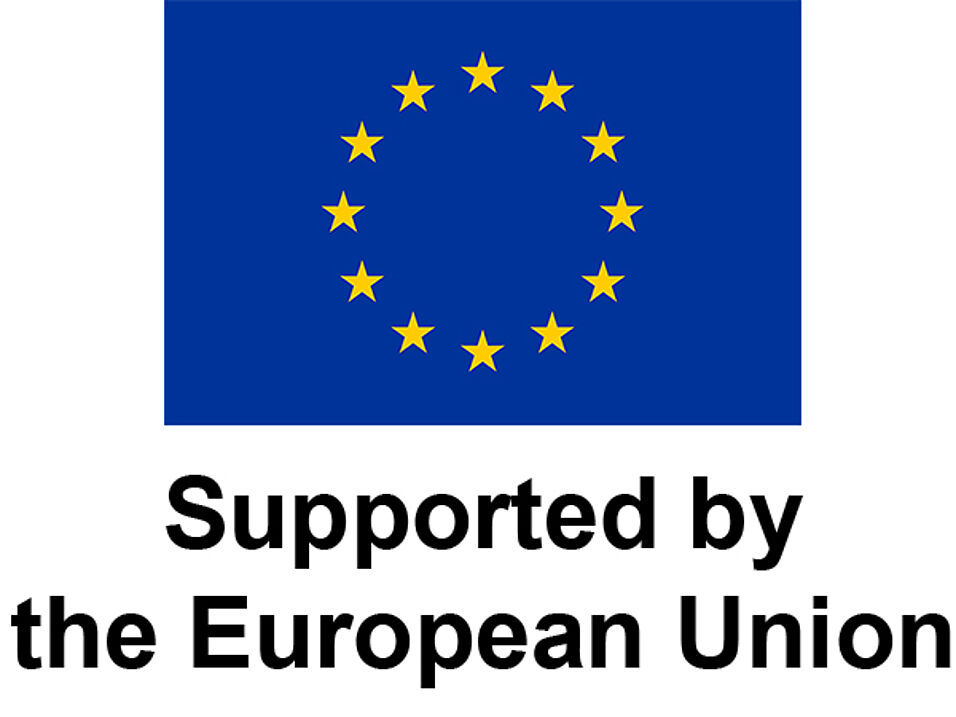Despite the fact that digital assets only account, at present, for a very small share of most private individuals’ asset portfolios, their popularity is on the rise. Digital assets cover a wide variety of assets, such as crypto-currencies, stablecoins, social media profiles and online gaming accounts; whilst there is no comprehensive definition at present, guidance is desirable, inter alia on their use as security. The ELI Principles seek to provide this guidance, by setting out key concepts relevant to the use of digital assets as security. In particular, the Principles focus on situations where security providers secure the performance of their obligations vis-à-vis security takers by using digital assets as collateral under the terms of a security agreement.
The Principles also propose ways to identify the law applicable to the creation of security interests in digital assets, and address issues of relevance to the effectiveness of security interests in digital assets against third parties, as well as the enforcement and extinction of security interests in digital assets.
Further, the Principles will provide a source of inspiration and guidance for the further development of case law and legislation and soft law instruments in the field of digital assets by courts, national legislatures and international organisations. The Principles can also be used by judicial enforcement officers, public authorities, (civil law) notaries and commercial arbitrators faced with issues relating to access to digital assets. The Principles were produced as part of the ELI project on Access to Digital Assets, led by Project Reporters Sjef van Erp and Jos Uitdehaag, and were drafted by Phoebus Athanassiou, Teemu Juutilainen and Denis Philippe.
More information about the project and the full report are available here. A webinar on the topic, open to the public free of charge, will take place on 26 April from 18:15 to 19:45 CET. To register, please click here.


